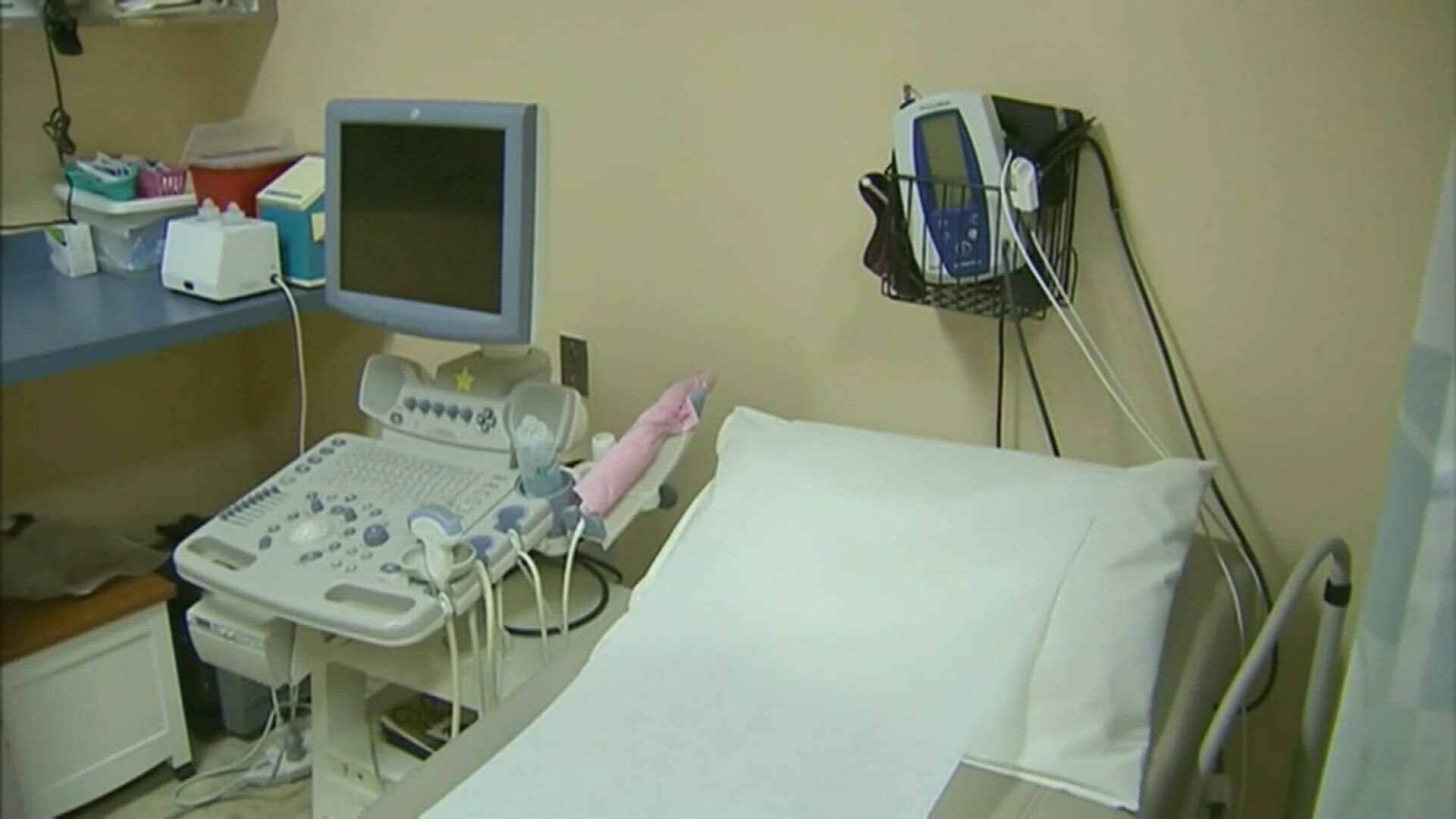COLUMBUS, Ohio — An Ohio judge has temporarily blocked a law that requires patients to wait 24 hours to get an abortion after speaking to a physician.
A Franklin County Court of Common Pleas judge granted a preliminary injunction by ACLU of Ohio on Friday to temporarily block several Ohio laws. The judge found that “plaintiffs and their patients will continue to suffer imminent and irreparable constitutional, medical, emotional, psychological, dignitary and other harms” in the absence of the injunction.
The law mandates that physicians meet with pregnant patients seeking an abortion in person at least 24 hours prior to an abortion being performed or induced to provide certain state-mandated information. The patient then has to certify in writing that they received the information and materials before they can receive abortion care, court documents say.
There are certain exceptions outlined in the law, like medical emergencies or necessities.
According to court documents, the next step is to determine whether the state has used the least restrictive means to advance the individual’s health in accordance with widely accepted and evidence-based standards of care.
“This is an historic victory for abortion patients and for all Ohio voters who voiced support for the constitutional amendment to protect reproductive freedom and bodily autonomy. It’s clear that the newly amended Ohio Constitution works as the voters intend: to protect the fundamental right to abortion and to forbid the state from infringing on it except when necessary to protect the health of a pregnant person,” Jessie Hill, cooperating attorney for the ACLU of Ohio said. “This decision is the first step in removing unnecessary barriers to care. We celebrate this ruling and will push forward to make this injunction permanent.”
Hill said the judge’s ruling is a testament to the voices of Ohioans who voted in favor of the constitutional amendment ensuring access to abortions last November. Despite that amendment passing, other abortion restriction laws remained in effect, like this one.
Hill explained what led to this being the first of many lawsuits they plan to file, after speaking with reproductive healthcare providers across the state.
"Almost universally everyone said that this law is really the biggest barrier to people accessing abortion care in the state,” Hill said.
Hill said that barrier mostly impacts low-income families and vulnerable people who may be in domestic violence situations.
"For people who work jobs where they're gonna lose wages if they have to take a second day off, where they already struggle with childcare, you know, already struggle with transportation and other ways of accessing healthcare, this law is really, incredibly burdensome,” Hill said.

